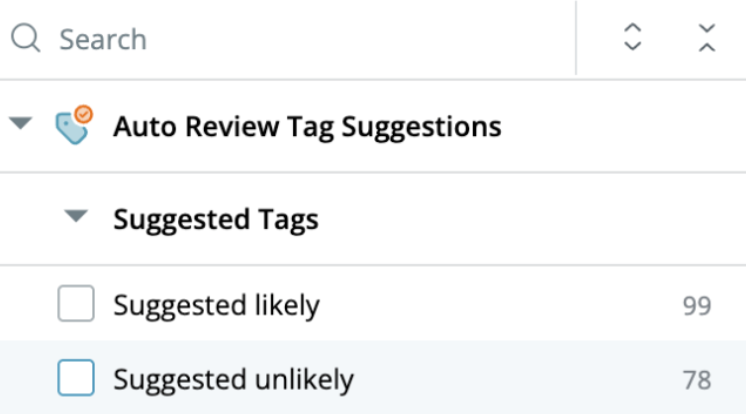⚡️ 1-Minute DISCO Download
A client laughed at me a few weeks ago. While explaining the key differentiators for DISCO’s managed review offering, I mentioned that most document review shops build budgets assuming reviewers would examine 60 documents per hour. This elicited a scoff from my client, and the dozen eyes in the elegant conference room turned to her. “They all say 60,” she said, “but they really only do 50.” She then challenged me: “How many docs do your reviewers really get through?” I then demonstrated that, since January 1 of this year, our average rate of review across our managed review matters has been 88 documents per hour.
DISCO’s managed review differs from commoditized services offered elsewhere in the industry. By building great teams, optimizing our processes, and using the fastest technology, DISCO’s managed review averages review speeds 47% faster than our competition budgets and 76% faster than the competition delivers.
People
Document review popularized the gig economy well before ride-sharing apps and delivery services. Even though the relationships between contract attorneys and clients rarely earned “five stars,” document review companies implemented a similar model: hiring when there was work, firing when there wasn’t, and hoping that anyone they brought in could make their clients happy.
DISCO doesn’t treat our reviewers as disposable — they’re our chief asset in the managed review business. We provide them training on our software and on ediscovery best practices. Our reviewers become DISCO experts who can dive into matters without needing time to ramp up. We invest in our people, even when they’re not working for us on a project, because when they perform well, our clients see it.
Process
In a 1985 study often cited to show the futility of keyword searches, Blair and Maron found that attorneys using keyword searches thought they had found 75% of relevant documents when the actual figure was 20%. Even so, managed review companies still champion their “best-in-class” or “cutting edge” workflows, which often boil down to the same techniques used in 1985. When document review vendors are using the same software and hiring the same reviewers, it’s hard to believe any one company is revolutionary.
At DISCO, we’ve changed how we review documents because of the incredible people and technology we have in-house. This can be jarring for clients who are used to the way things work elsewhere. We don’t have to create batches for reviewers because our artificial intelligence (AI) generates the best possible batches when the reviewers need work. Our QC process includes the same random sampling and targeted searches that everyone does, but we also use the AI to QC in a way that no other software can match. This makes DISCO review more efficient and more accurate than other reviews.
Technology
The competitive advantage of putting AI in the hands of every reviewer cannot be understated. The courts, corporate clients, and thought leaders all agree that the use of technology to assist review is desirable and important. While many ediscovery tools can implement or use some basic TAR capabilities, very few tools are built to leverage data science from the ground up.
At DISCO, our most junior reviewers are educated on how our AI is used and our most senior reviewers are able to leverage the AI in truly innovative ways to reduce the costs of ediscovery. Whenever our managed review teams come up with a really clever approach to a problem, our software engineers are able to watch, learn, and integrate their approach into the platform. We are even able to defend their work with statistics in the review platform and without the costs associated with expensive experts. The feedback loop between our expert reviewers and our software developers ensures our software is continually using best practices..
Next Steps
Moving so quickly can seem like hyperbole. There is an entire industry of document review companies who create budgets predicated on review speeds of 60 documents per hour. They form temporary relationships with their reviewers. They use the same processes from 1985. They use technology designed to handle the linear workflows from decades ago. In a world where the courts are happy to rely on the data science to reduce the costs of ediscovery, why aren’t you achieving 88 documents per hour?


.avif)







